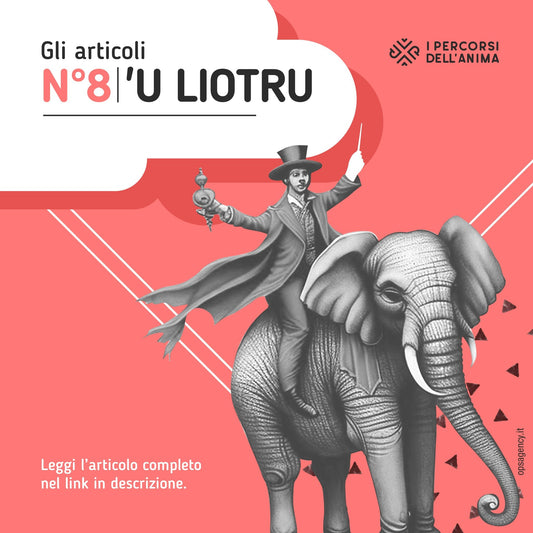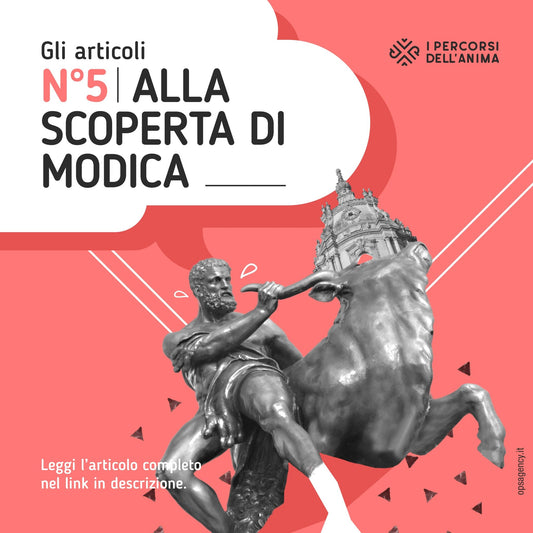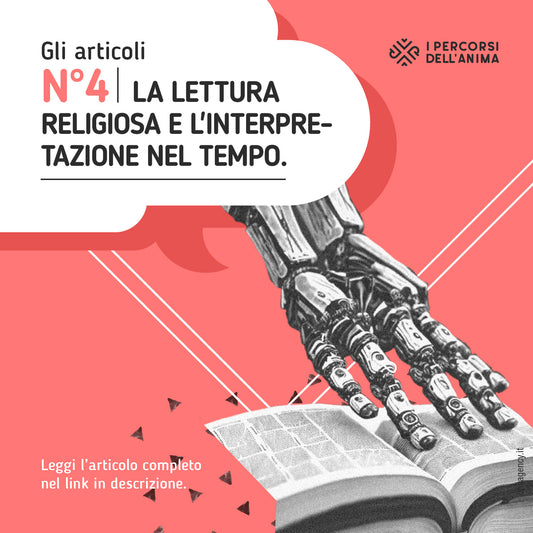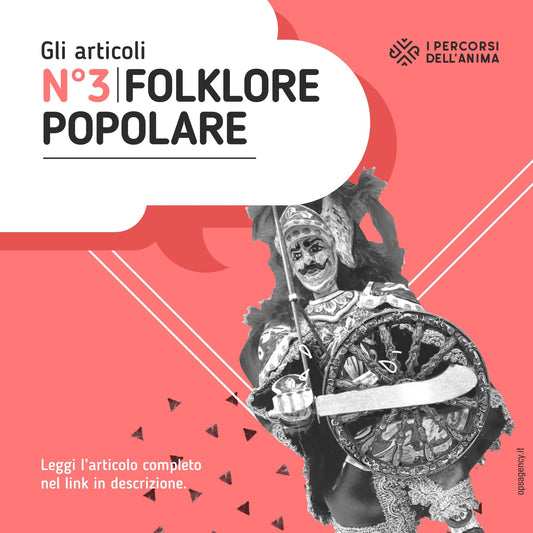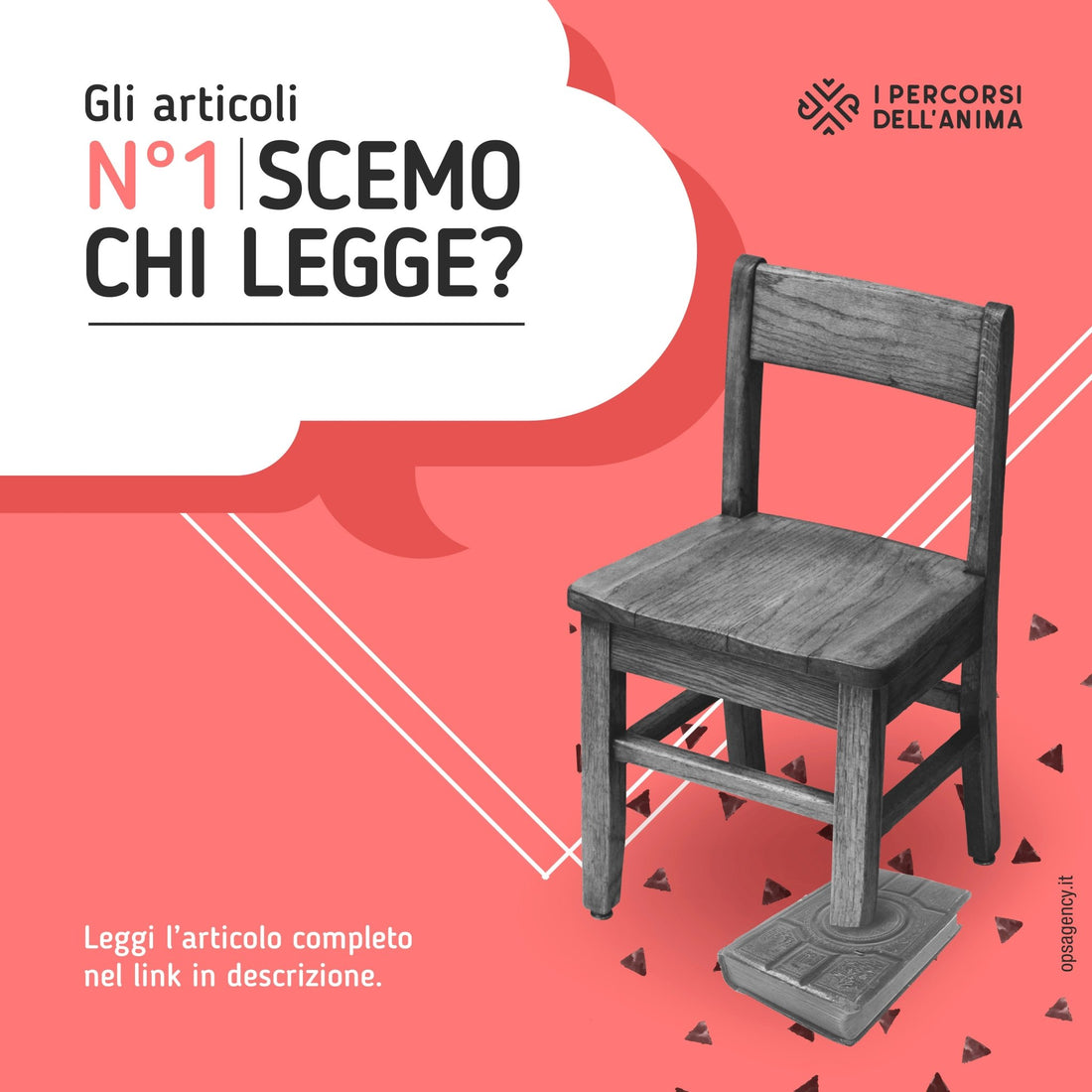
FOOL WHO READS?
FOOL WHO READS?
Non-reading is increasingly characterized as a condition related to the socio-economic, cultural and geographical level: the weakest groups (low educational qualifications, low technological level, geographical area of residence, etc.) and those who live in the South always read less.
In recent years the percentage of young people and children who are passionate about reading in our country has significantly reduced, why? Experts believe that the cause of this is the increase in kids who prefer playing video games and being on social media rather than reading a book.
According to studies, this decrease is due to the socio-economic situation of the population and the new image that children have of reading: many of them, in fact, think that reading is useless, sometimes difficult and extremely boring.
The main cause, according to an Istat survey presented today at Tempo di Libri, is lack of time. 30% of Italian non-readers do not read; in particular, 31.8% of the data concerns men and 27.7% of women.
What benefits does reading bring?
Here are 10 important points:
-
Stimulates the mind.
-
Reduces stress.
-
Improve your knowledge.
-
Expands your vocabulary.
-
Improves memory.
-
It makes the analytical ability of thought stronger.
-
Improves the level of attention and concentration.
-
Improve writing skills.
Not only does reading help your memory, but also your concentration. In fact, a reader is used to focusing on what he is reading, thus increasing his attention span. Furthermore, he has a more developed imagination as he is used to translating the words that flow before his eyes into mental images.
This is training for our brain that can be useful to us in other situations. Just like a muscle, our brain needs exercise and reading is undoubtedly one of the best exercises for the mind.
Reading on paper makes you understand better.
Among the most obvious advantages of a paper book is readability, you can understand the text better because in addition to sight, the sense of touch is also involved. This means that a paper book is more appreciated than a book in digital format.
Also when we read, our brains believe we have experienced the things we are reading about, which is why we feel so connected to some books. Reading stimulates the same neurological regions that actually experiencing it stimulates, it's hard for your brain to tell the difference.

